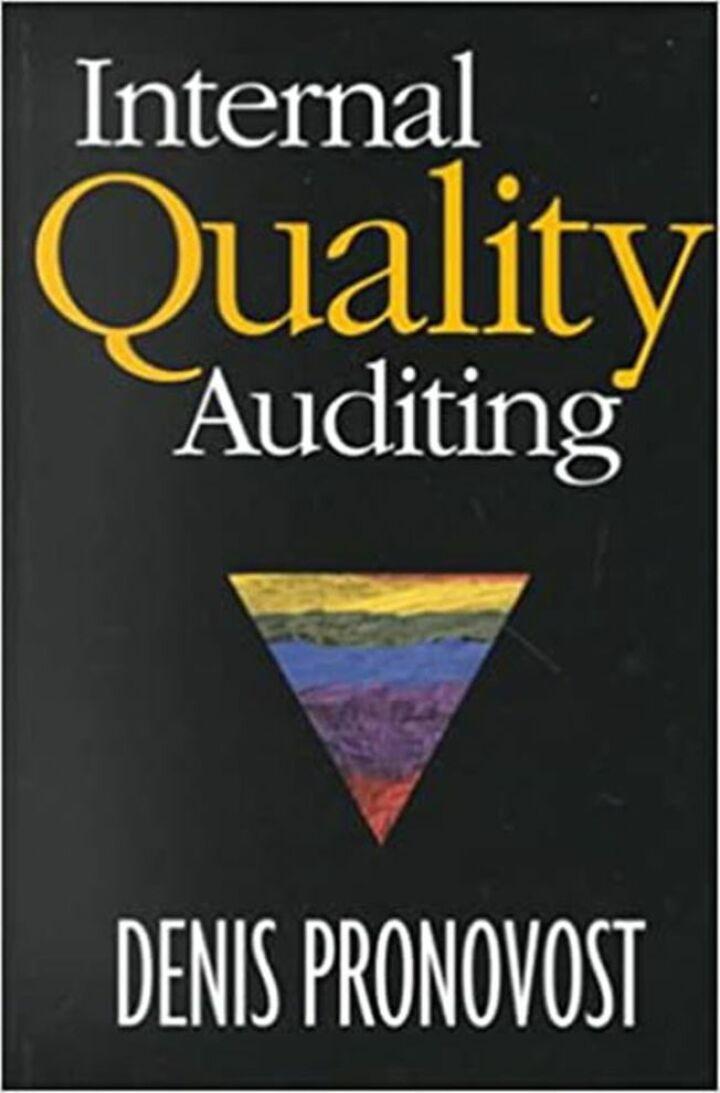Question
A common agency problem with standards is the challenge of monitoring behavior to address the consequences associated with under-performing. However, the opposite behavior of over-performing
A common agency problem with standards is the challenge of monitoring behavior to address the consequences associated with under-performing. However, the opposite behavior of over-performing should also be anticipated when standards are employed in a professional setting. For example, assume a new staff member in a professional services firm is given a job to complete; and the new staff member is told that the standard time expected for the work based on the experience of previous years is 15 hours. In this example, lets say the new staff member spent a total of 21 hours to complete the work. Knowing the standard time is 15 hours, this staff member might decide to remain after hours in the workplace to work hours that will not be recorded when the staff member accounts for the time worked. In this example, when 21 hours were spent by the staff member to complete the job, assume the new staff member decided to work 6 six hours off the clock (i.e., six hours is the amount of personal after-hours time the employee spent doing the work and only 15 hours of work during regular office hours were actually recorded as part of the staff members time log).
1. What are the likely motivations for the new staff member to work 6 hours off-the-clock and not account for this time?
2. Since the professional services firm is gaining performance rather than losing time, what are the important reasons for the firm to be concerned about this practice?
Step by Step Solution
There are 3 Steps involved in it
Step: 1

Get Instant Access to Expert-Tailored Solutions
See step-by-step solutions with expert insights and AI powered tools for academic success
Step: 2

Step: 3

Ace Your Homework with AI
Get the answers you need in no time with our AI-driven, step-by-step assistance
Get Started


